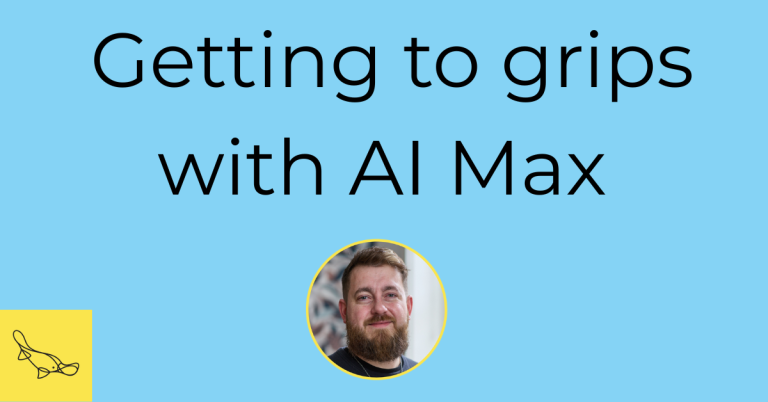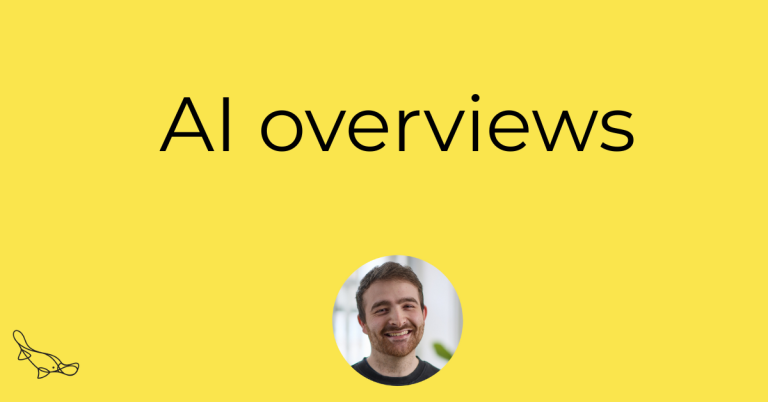What is SEO?
SEO is the process of optimising your website to give people and search engines the best possible experience. It aims to get your pages to appear higher up search engine results pages, and increase the number of people who click on your website.
SEO doesn’t generate demand. It’s about looking at the demand that is already out there for relevant keywords, and making your site better at capturing that demand.
You can do that by creating high quality content that people want to read, content that answers their questions.
SEO also covers the technical side of your site, to make sure all that great content is built on a solid foundation.
Sometimes SEO doesn’t get a look in with charity digital marketing plans. But done right, it can be one of the highest returns on investment you can make, driving consistent and high quality traffic to your site every day.
Why do SEO?
It can help you build brand awareness and credibility, cementing your position as an authoritative charity.
Unlike with Meta or Google Ads campaigns, you don’t have to pay for every click.
People have a strong interest in the thing they’re searching for. So if they come to your website with an action in mind, they’re more likely to take valuable actions like donating, volunteering or using your services.
If they come to your site looking for information, and your site gives them the best answer to their question, they’re more likely to think of your charity as a trusted expert.
SEO is often a long term game. Do a bunch of work to optimise your site, and you can get lots of relevant, high intent traffic over years to come. Just check out Google Analytics to see how much organic traffic contributes to your goals.
A website without SEO is like a car with one side missing its wheels. It might look okay from certain angles, but it probably won’t get you where you need to go.
Here’s why your charity should do SEO.
You don’t pay for every click
Paid advertising is hugely powerful, but you pay for every visitor. SEO allows you to establish a strong online presence and generate traffic without paying each time someone comes to your site.
By optimising your site, you can attract traffic to your website without an ongoing advertising budget.
This isn’t to say that SEO is free. It still costs money. But the upfront costs of optimising your site can be repaid many times over in the longer term.
SEO provides a sustainable and cost-effective source of traffic over time. This is crucial for charities, ensuring that your audience can find you without breaking the bank.
SEO helps user experience across all channels
A good charity marketing strategy uses many digital channels. This includes social media, email marketing, and paid search. Your website content plays a role in the user journey for all these digital channels.
Most of these channels will be guiding users to some form of content on your site. Once they land on your site, they might take an action. They also might decide to explore the rest of your site. Quality content across your site, combined with a positive user experience encourages engagement, donations, and support.
As a bonus, well optimised content can have a direct impact on your paid search efforts. Struggling to keep your costs down on a paid search campaign because Google tells you that your page quality score is low? SEO can help.
Optimising those low quality pages will not only make them rank better for organic search, but will also bring the costs down for paid search! A win win.
A quality website builds trust and brand position
In today’s digital landscape, trust is a crucial factor for any organisation. A quality website that gives people what they’re looking for quickly and easily goes a long way to building credibility.
When was the last time you clicked on a result on the second page of Google? Appearing on the first page of the search results conveys a sense of trustworthiness and brand recognition. The more your audience trusts your charity, the more likely they are to engage with it.
A better understanding of your audience
One of the most valuable aspects of SEO is the deep insights it provides about your audience.
The data we use in SEO offer invaluable insight into your audience. It can tell us:
- what they’re looking for
- what language they use when talking about a topic
- their behaviour when browsing a website
- market patterns and seasonal trends
- insight into audience demographics
SEO should be data driven. If you’re making decisions to optimise your website based solely on gut feel and opinion, you’re missing a trick.
By analysing this data, charities can understand their audience better. This can guide your content creation, wider marketing strategies, and outreach efforts.
Your competitors probably are thinking about SEO
SEO is a really powerful discipline. It’s not always at the top of the list, but many organisations are already taking advantage of it.
Even if you haven’t considered SEO for your charity digital marketing strategy, chances are other charities have.
Those thousands of users are probably going to your competitors’ websites if yours isn’t well optimised.
Summary
In a competitive landscape where charities are all competing for attention and support, nailing SEO can give you a huge advantage.
Almost every goal, hope and dream you have for your website will benefit from greater levels of high quality organic traffic. And not only that, as we’ve shown above, it can have lots of other benefits too.
If you need a hand demystifying the world of SEO, you can always talk to us! We’ll be more than happy to have a chat about how your site is currently doing and what you should be focusing on when kicking off your SEO journey.





